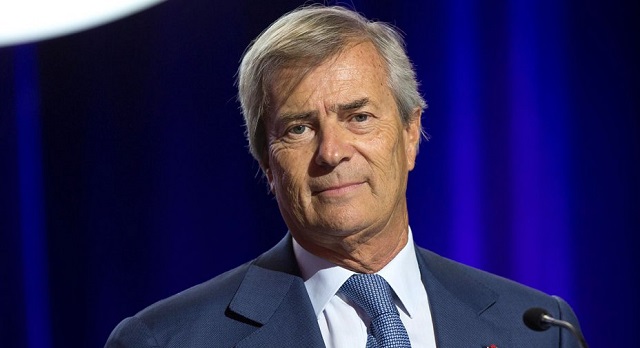
– Whistleblowers wanted –
Last week, the International Monetary Fund (IMF) announced the adoption of new guidelines providing for more systematic assessment of corruption in its 189 members, stressing that bad practice undermines growth, investment and tax revenue.
Many African countries are only too well adapted to underhand deals. Most of them languish among the bottom ranks of the annual Corruption Perceptions Index compiled by Transparency International.
“What matters most is for African governments to adopt a practice of zero tolerance concerning corruption. If this is done, wherever investors come from, they will have to abide by the laws,” said Samuel Kaninda, African regional advisor for Transparency International.
“The problem is not a lack of legal instruments (in Africa),” he added. “It is that the institutions that fight against corruption suffer from a lack of independence at the political level.”
Setting a rare example, South Africa recently reopened legal proceedings against a subsidiary of French arms manufacturer Thales in an old case of alleged corruption. Former president Jacob Zuma has been charged with 16 counts of graft.
Beyond legislative measures, activists argue that whistleblowers remain key to efforts to clamp down on corruption.
“Whistleblowers are the worst enemies of a particular kind of financial elite,” said Bourdon.
“They are the ones who smash the locks, giving access to secrets.”
Last year, Bourdon became part of an international team that established a Platform for the Protection of Whistleblowers in Africa, based in Senegal’s capital Dakar.
With lawyers listed in almost a score of African countries, the association offers legal and technical assistance to whistleblowers at risk and an online archive of cases in French and English.
 The Independent Uganda: You get the Truth we Pay the Price
The Independent Uganda: You get the Truth we Pay the Price





